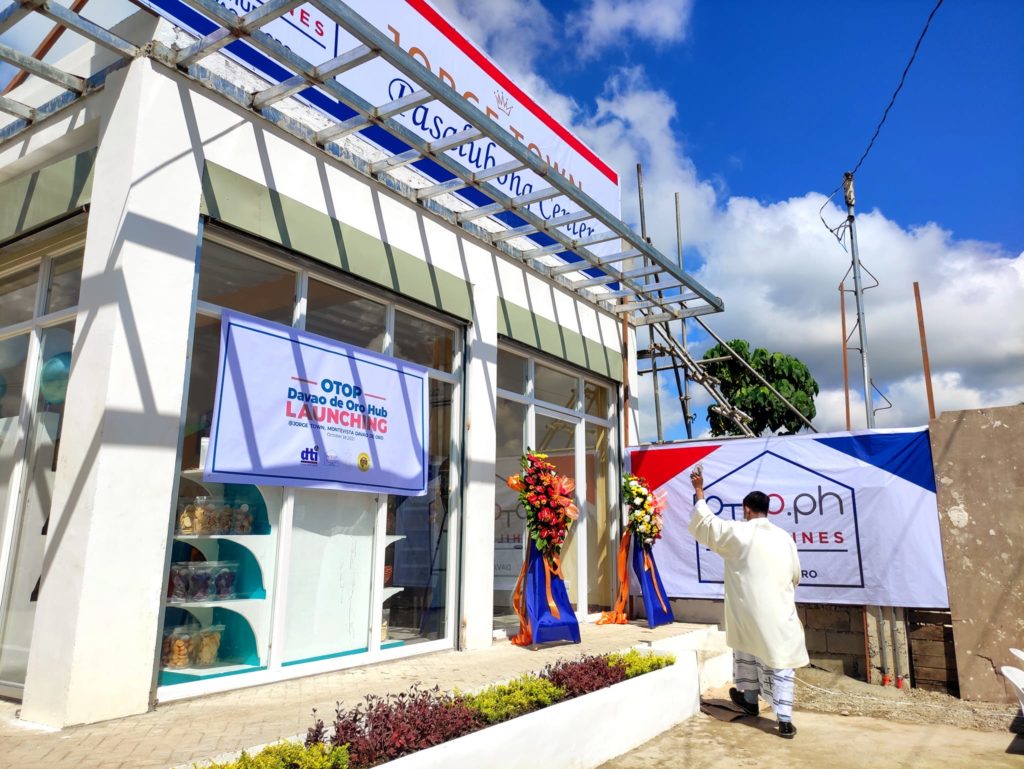Davao City – The Department of Trade and Industry (DTI) 11 has vowed to strengthen further its various initiatives in marketing the products of local micro, small and medium enterprises (MSMEs) throughout the region.
The agency has been implementing technology-based and innovation-driven interventions even before the global health crisis changed the way things were used to be done. However, when the government put in place many restrictions to limit the movement of people and address the surge of COVID-19 cases, adjustments have to be made.
The regional and provincial offices of DTI, particularly their respective trade promotion officers, were trained to conduct and facilitate the participation of local MSMEs in physical trade shows. These included local, national, and international trade events. With the new guidelines, though, the much-needed shift has to be embraced. Almost everything has to be done online.
DTI 11 Regional Director Maria Belenda Q. Ambi said there have been changes in the conduct of trade fairs to continue with their commitment to widening the market of local MSMEs. The virtual trade and marketing events have helped them in intensifying the promotion of Davao-made products.
“In 2021, we facilitated the inclusion of our MSMEs and their products in 24 trade fairs, which helped them corner new markets and generate additional sales,” Ambi said,
The products featured in these virtual trade fairs were processed food (cacao, coffee, banana, mango, condiments, and fruits and nuts) and wearable and homestyle (fashion accessories, gifts, decors, and furniture and fixtures). These were part of the 11 provincial, three regional, eight national, and two international trade fairs.

To prepare the MSMEs for the trade fairs and to widen their markets, DTI 11 has been providing them with other necessary interventions as well. These include the intensive product development package, as well as, the onboarding digital training activities.
“With our product development package, we expose the MSMEs to activities and programs that will upgrade or enhance the quality of their products, including the packaging and labels. By doing so, their chances of widening their market get higher,” Ambi said.
When it comes to the onboarding training activities, the regional trade official shared that the participating entrepreneurs are equipped in the area of digitalization. There are topics on developing their digital payment system, online marketing, and in making their digital presence felt.
“We want them to maximize the opportunities in the digital world; that’s why we have been embracing innovation. We never stop looking for strategies to help them improve their competitiveness and platforms where they can sell their products,” she continued.
Ambi revealed that amid the opportunities that digitalization offers, there are also challenges that DTI 11 and the MSMEs have to contend with. She said that it is more difficult to close a deal or transaction in virtual trade fairs because buyers want to see first the actual products before finalizing an order. This is a limitation that they would like to address for future trade events.
“We have seen a decline in the amount of sales we generated this year through trade fairs. In the past, when things were normal, it was easier to convince potential buyers to do business with the MSMEs. We even brought in institutional buyers from Metro Manila and abroad to ensure that our participants would have the chance to supply regular orders,” she narrated, adding that things have changed a lot lately.
For next year, virtual trade fairs will still be done but these will be side-by-side with the physical product showcase and selling venues.
“We are optimistic about finding innovative ways to make our marketing interventions more effective and efficient for our MSMEs to maximize and optimize the expected benefits,” she concluded. ♦
Date of Release: 20 December 2021


